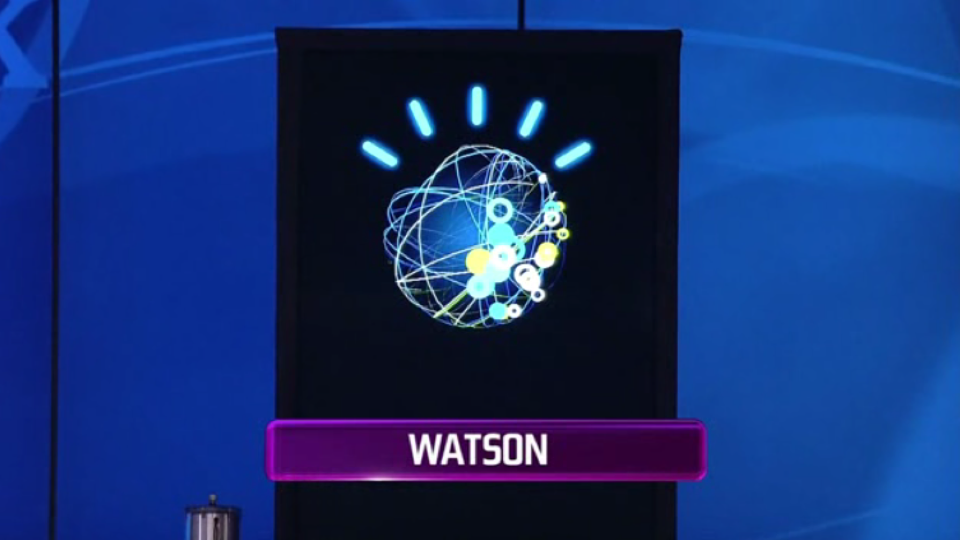

IBM’s Watson artificial intelligence project has been successfully put to work in analytics,with customers like Johnson & Johnson and the New York Genome Centre using it to discover hidden connections in huge datasets.
Watson Discovery Advisor cloud service is already helping to find new disease treatments and ways to shorten the time needed for clinical drug trials, and IBM believes it could further transform the way we do research.
“We’re entering an extraordinary age of data-driven discovery,” said Mike Rhodin, senior vice president at IBM Watson Group. “Today’s announcement is a natural extension of Watson’s cognitive computing capability. We’re empowering researchers with a powerful tool which will help increase the impact of investments organizations make in R&D, leading to significant breakthroughs.”
Watson originally became famous after beating two human champions on the quiz show Jeopardy! in 2011. The computer system was specifically developed to answer questions posed in natural language, by processing terabytes of structured and unstructured data.
One of the first products to come out of this initiative is the Watson Discovery Advisor – a cloud service for research teams that IBM says can reduce the time needed to find patterns, test hypotheses and formulate conclusions.
Turns out that after a bit of tweaking by IBM engineers, Watson can be trained to understand the relationships between chemical compounds, or compare the side effects of different drugs.
One of the things this system is really good at is reading research papers. According to the National Institutes of Health, a typical researcher reads about 23 scientific papers per month, or about 300 per year. So it comes as no surprise that scientists have already started deploying the Watson Discovery Advisor to test their findings against millions of scientific papers available in public databases.
This research method is delivering results: a peer reviewed study released this week by Texas-based Baylor College of Medicine demonstrated a promising new way to generate scientific questions that may be helpful in the long-term development of new disease treatments.
The Baylor College was using a tool based on Watson technology to analyse 70,000 scientific articles that mention a certain protein, and discovered another six proteins as potential targets for further research.
“Even if I’m reading five papers a day, it could take me nearly 38 years to completely understand all of the research already available today on this protein,” said Olivier Lichtarge, professor of molecular and human genetics, biochemistry and molecular biology at Baylor College. “Watson has demonstrated the potential to accelerate the rate and the quality of breakthrough discoveries.”
Johnson & Johnson has been working with the Watson team to reduce the time needed to process data from clinical trials and compare the effects of new drugs. The company hopes to eventually teach Watson to quickly synthesize such information directly from medical literature.
Meanwhile, the New York Genome Centre is using the cognitive computing technology to deliver aDNA-based treatment for glioblastoma, an aggressive form of brain cancer.
IBM says scientific research is just the start – it sees applications for Watson in industries like law, finance, education, engineering, even going as far as the government.
What do you know about supercomputers? Take our quiz!
DeepMind co-founder Demis Hassabis says top universities, tech talent give UK key edge in fast-moving…
BYD says new electric vehicle platform can charge at 1,000 kW power, giving 400 kilometres…
Incoming Intel chief executive Lip-Bu Tan considering cuts to middle management, revamp of Intel Foundry,…
South Korean chip exports to China fall by nearly one-third after US government restricts sales…
Telegram founder Durov permitted to temporarily leave France as authorities continue probe into criminal activity…